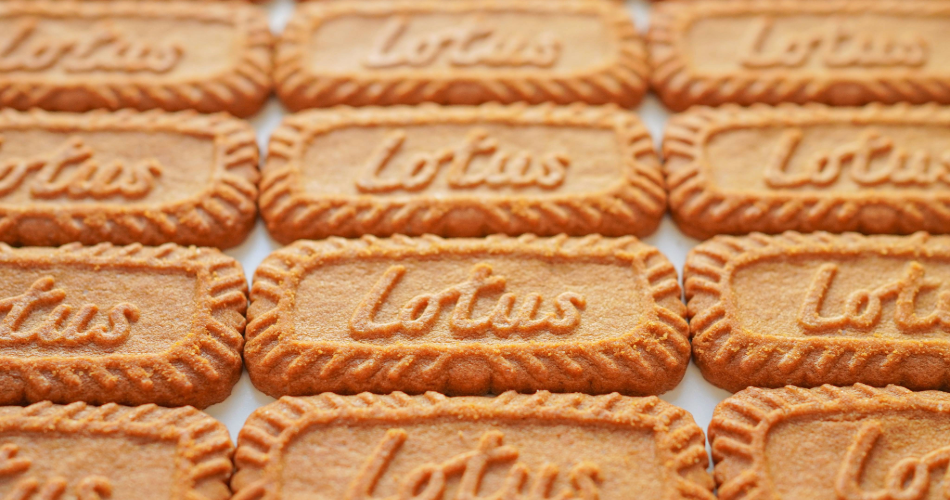
Forward: features discuss and celebrate the best of innovation and exploration from the scientific and entrepreneurial worlds.
The COVID-19 pandemic has had unprecedented effects on all parts of our everyday life, even down to how we dress. In particular, with the easing of lockdown restrictions in the UK and elsewhere has come the requirement to use face coverings (unless specific exemptions apply) on public transport, in certain enclosed public spaces and even in outdoor settings where the authorities are looking to clamp down on a rise in cases.
These face coverings may simply be intended as a practical tool in the effort to reduce the transmission of COVID-19, but this has not stopped brands, counterfeiters and individuals turning a preventative measure into the hottest fashion accessory of 2020.
Creative expression
It’s no surprise that fashion brands such as Topshop and Mango have spearheaded the rise of a new trend, marketing masks as a form of creative expression. Topshop is selling face masks that complement your “daily look” and that are “designed with both comfort and style in mind”. If you want to go one step further, ASOS is going all in with its matching mask and scrunchie sets.
Sport and music fans are also being catered for. For instance, supporters of Liverpool FC and FC Bayern Munich can purchase face masks with the official logo of their team. Meanwhile, the most followed person on Instagram, singer Ariana Grande, joined other popular artists in selling face coverings to their loyal fan bases via a charitable initiative organised by Universal Music Group.
In the travel sector, Royal Caribbean Cruises is taking a more formal approach, having filed a US trade mark application for the word mark SEAFACE for ‘sanitary masks for virus isolation purposes’. And in August, United Airlines announced the introduction of branded face masks for employees as part of the supplied uniform.
Of course, it’s hard to discount the desire to add a bit of choice and fun to a product that has such a serious purpose. If masks are to become a permanent wardrobe fixture, it’s only human nature to want to make them personal and even purposeful – many face mask purchases now come along with a charitable donation. However, the rise of a new market invariably risks a rise in related IP crime.
Counterfeiters have already begun to capitalise on a stretched customs workforce and the weaknesses of social media and e-commerce platforms in order to sell imitation masks. From social media influencers advertising fake fashion masks to Amazon listings for infringing medical-grade masks, issues with sophisticated counterfeit operations are on the increase.
“From social media influencers advertising fake fashion masks to Amazon listings for infringing medical-grade masks, issues with sophisticated counterfeit operations are on the increase”
In response, brand owners are taking legal action to safeguard their rights and reputations. Outside of the fashion realm, US-based medical supply company 3M has initiated trade mark infringement and unfair competition proceedings against a third-party Amazon seller, reported to have sold upwards of $350,000 worth of counterfeit N95 masks via multiple seller accounts.
Counterfeit medical masks also jeopardise public health and safety. In the UK, personal protective equipment (PPE) is regulated by EU Regulation 2016/425, which mandates that all face masks for protection against COVID-19 meet conformity requirements and be CE marked to certify the same. However, criminals are forging CE certification stamps and documentation purporting to attest to compliance with EU regulations.
Reputational risk
Early on in the COVID-19 outbreak, another challenge was highlighted – reputational risk to a valuable brand. Fashion brand Boohoo, which was quick off the mark with a range of fashion face coverings, was on the receiving end of a media backlash for trying to ‘cash in on the crisis’. Now perhaps on safer ground thanks to widespread sales of similar types of masks it notes on its website that its coverings ‘are for accessory purposes only and should not be used as personal protection equipment’.
Similarly, other high-street brands include a disclaimer in their product descriptions to make it clear that the face coverings are not intended to constitute PPE (although the effectiveness of these disclaimers is questionable because the purpose of a face mask is to provide some protection against transmission of the virus).
At online creative marketplace Etsy, handmade masks have become so popular that a best practice guide has been published, which includes mention of the need to refrain from making medical claims or reselling commercially made products.
As we await a widespread public health solution to the COVID-19 threat, it appears that the need for face masks will be with us for some time to come. As a result, brands are likely to continue to encounter the IP challenges that come with creating a new product or entering a new sector – including trade mark infringement, counterfeiting and reputational risk – and will need to take appropriate preventative measures.
This article has also been published in The Trademark Lawyer Magazine. View the article.
This article was originally co-authored by Pollyanna Savva and Hilda-Georgina Kwafo-Akoto.
Kate is a Solicitor and Chartered Trade Mark Attorney with over 25 years’ experience in relation to trade marks and related copyright, design and internet matters. Her work includes advising on the adoption, registration and enforcement of trade marks internationally, with a particular focus on the leisure and retail industries with a global reach. She has a particular expertise in counselling clients on international filing and enforcement strategies and avoiding dilution of the value of trade marks. Advising charities has also been a key aspect of Kate’s work and she was awarded an MBE in 2016 for services to education. Kate is the former President of the Chartered Institute of Trade Mark Attorneys and currently chairs the Representation Advisory and Working Groups of CITMA.
Email: Kate.O’Rourke@mewburn.com
Sign up to our newsletter: Forward - news, insights and features
Our people
Our IP specialists work at all stage of the IP life cycle and provide strategic advice about patent, trade mark and registered designs, as well as any IP-related disputes and legal and commercial requirements.
Our peopleContact Us
We have an easily-accessible office in central London, as well as a number of regional offices throughout the UK and an office in Munich, Germany. We’d love to hear from you, so please get in touch.
Get in touch.jpeg?width=100&height=100&name=Kate%20ORourke%20Feb-21%20(1).jpeg)

